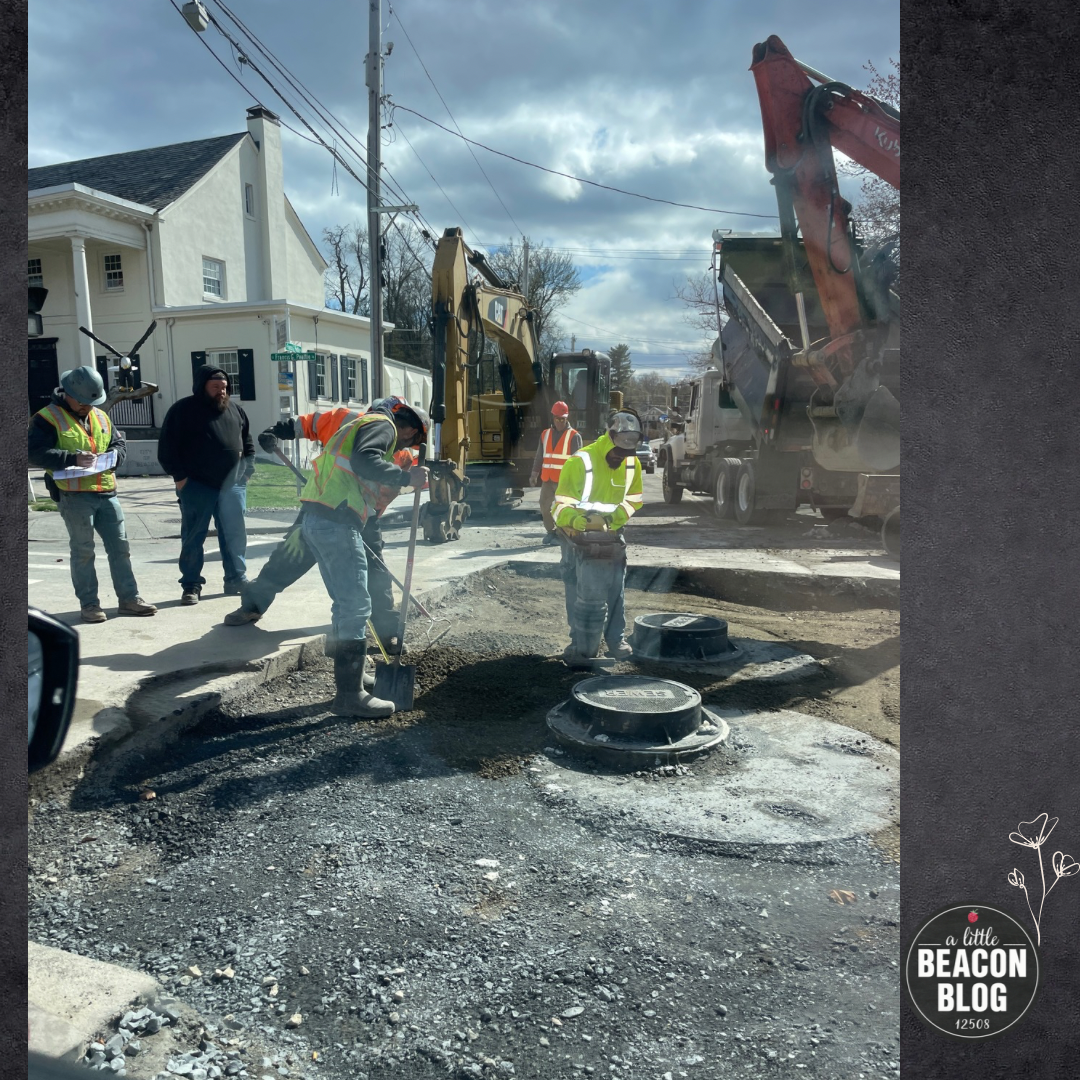WHERE: Story Screen Theater, 445 Main St, Beacon, NY 12508
WHEN: Thursday, September 29th at 7pm
HOW TO GET TICKETS: Click here >
WHO: The screening is hosted by Beacon Prison Rides Program and Beacon Prison Books Project, in partnership with the Release Aging People in Prison Campaign and the People’s Campaign for Parole Justice. Panelists include RAPP Executive Director Jose Saldana, RAPP Westchester Community Leader Greg Mingo, Beacon Prison Rides member, Ms. John, and After Incarceration Co-Director, Jose Pineda.
The Beacon Prison Rides Project is a volunteer-run organization providing free rides for families between the Beacon train station and Beacon-area prisons. Since November 2017, Beacon Prison Rides has provided an alternative to costly taxis or prison vans, providing more than 1,800 rides for more than 200 people visiting their incarcerated loved ones. Find out more about the project and about how to request rides, volunteer, or donate here >
The Beacon Prison Books Project is an organization that provides books to incarcerated persons throughout New York State, by request. People who are incarcerated in NYS use free postcards or simply write to us at our P.O. Box to request books or book recommendations. Then we order the books, connect with individual sponsors, pack up the books, and send them to the person who made the request. Most of this activity happens through Binnacle Books in Beacon, NY. Learn more here >
The People’s Campaign for Parole Justice is a new, statewide, grassroots campaign pushing for parole reform in New York State. The campaign platform is supported by over 350 organizations across New York State and led by a coalition of the state’s biggest and most influential social justice and criminal justice groups, including the Release Aging People in Prison Campaign, Parole Preparation Project, VOCAL-NY, Citizen Action, New Hour for Women and Children, NY Communities for Change, Center for Community Alternatives, Osborne Association, NYCLU, FWD.us, #HALTsolitary Campaign, Legal Aid Society, Center for Justice at Columbia, CUNY Law Defenders Clinic, and NYU Law's Center on Race, Inequality, and the Law.
BACKGROUND:
Nearly 1 in 4 people from Dutchess county incarcerated in New York State prisons is over the age of 50, which many departments of corrections across the country define as “older” due to accelerated aging behind bars. About 63 percent are people of color, even though people of color only make up 23 percent of the general population of Dutchess county, and many are serving long sentences with few opportunities for release based on their rehabilitation and current readiness for release. Without parole reform, many will never make it out of prison.
Racism infects the parole release system just as it does every element of the criminal legal system. A white person in a New York prison is significantly more likely on average to be released on parole than a Black or Latinx person and the disparity widened in 2020, according to a Times Union analysis of the nearly 19,000 parole board decisions over the last two years. The data, which spans October 2018 through October 2020, shows the Parole Board granted parole release to 41 percent of white people, compared to 34 percent of Black people and 33 percent of Latinx people. Importantly, these racial disparities are not new. In 2016, the New York Times conducted an investigation of parole release data and similarly found Black and Latinx people were significantly less likely to be released than their white counterparts.
The People’s Campaign for Parole Justice is calling on lawmakers in Albany to pass two bills that will address this pandemic behind bars and prevent similar tragedies in the future:
Elder Parole (S.15/A.3475) would allow the State Board of Parole to provide an evaluation for potential parole release to incarcerated people aged 55 and older who have already served 15 or more years, including some of the state’s oldest and sickest incarcerated people.
Fair and Timely Parole (S.1415/A.4231) would provide more meaningful parole reviews for incarcerated people who are already parole-eligible.
The Campaign is also calling on Governor Hochul to fully staff the Parole Board with 19 Commissioners who come from communities that have been directly affected by mass incarceration and who have professional and clinical backgrounds in areas such as social work, nursing, reentry services, and other fields that allow them to evaluate incarcerated people for who they are today. The Board currently has three vacancies.
From the film:
Former Parole Commissioner Carol Shapiro said, “The research is so clear on this, and has been for years,” regarding low reincarceration rates in New York State among people convicted of murder who are subsequently released on parole. Keeping people incarcerated for decades—well into old age—has changed the very nature of prisons, she says: “We are running geriatric institutions in America right now.”


























































